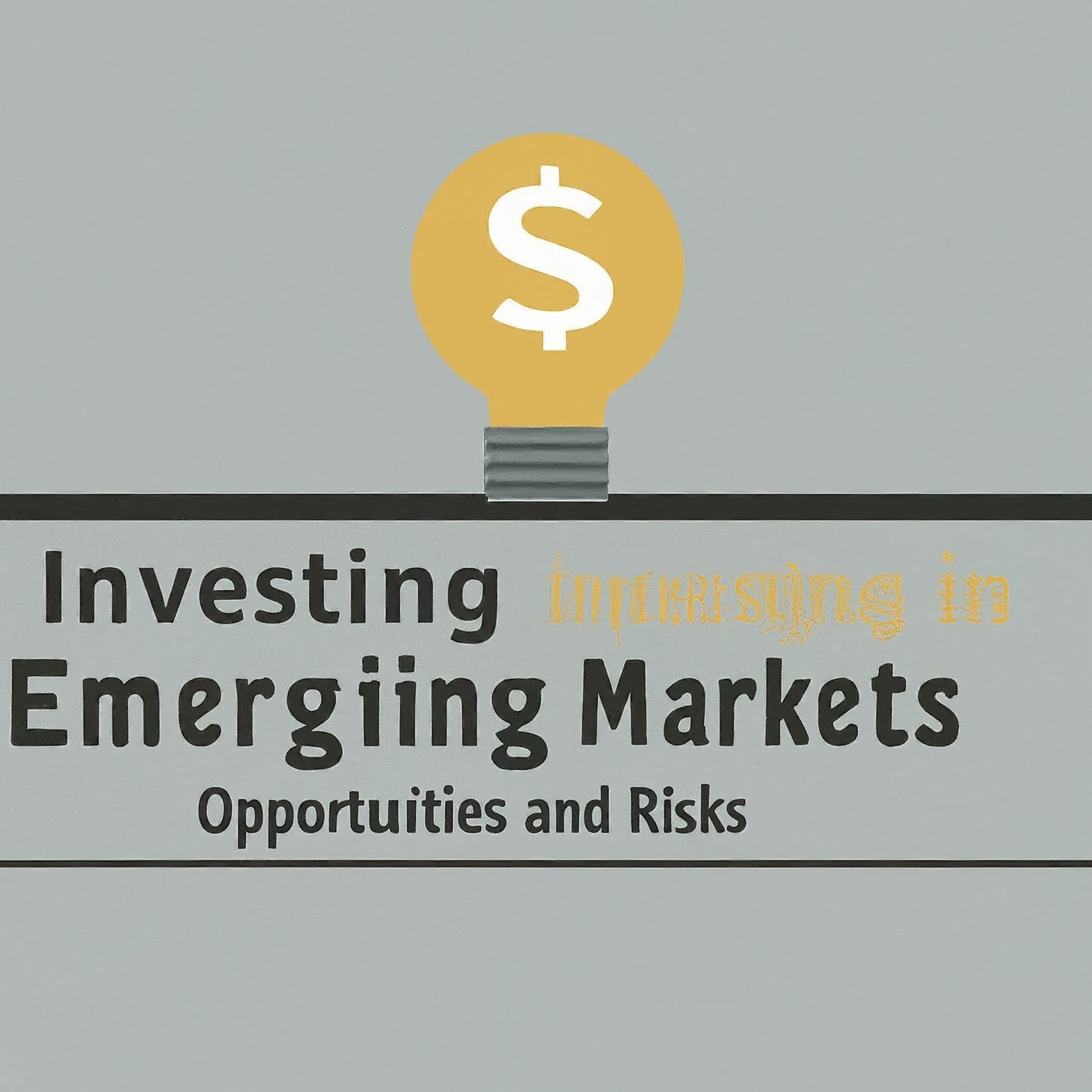Emerging markets offer investors the potential for high returns, but they also come with a unique set of risks. Understanding these markets and their dynamics can help you make informed investment decisions.
Opportunities:
- Growth Potential: Emerging markets often experience rapid economic growth, which can lead to substantial investment gains. Countries like India, China, and Brazil are examples where growth has outpaced developed markets.
- Diversification: Investing in emerging markets can diversify your portfolio, reducing the overall risk associated with investments tied to more stable economies.
- Untapped Markets: These markets may offer access to new and innovative industries not yet available in developed economies, such as advanced technology or green energy sectors.
Risks:
- Political and Economic Instability: Emerging markets can be subject to political unrest, economic instability, and regulatory changes that can impact investment returns.
- Currency Fluctuations: Currency risk is significant in emerging markets. Volatile exchange rates can affect investment value and returns.
- Limited Transparency: Information and reporting standards may not be as rigorous as in developed markets, making it harder to assess the true financial health of companies.
Strategies for Investing:
- Research and Due Diligence: Conduct thorough research on the political, economic, and financial conditions of the market you’re investing in.
- Diversify Within Emerging Markets: Spread your investments across various sectors and countries within the emerging markets to mitigate risk.
- Consider ETFs and Mutual Funds: Exchange-traded funds (ETFs) and mutual funds specializing in emerging markets can provide diversification and reduce individual investment risk.
Conclusion: Investing in emerging markets can offer significant growth potential but comes with notable risks. By conducting thorough research and employing strategic investment methods, you can navigate these markets effectively and potentially reap the rewards.



